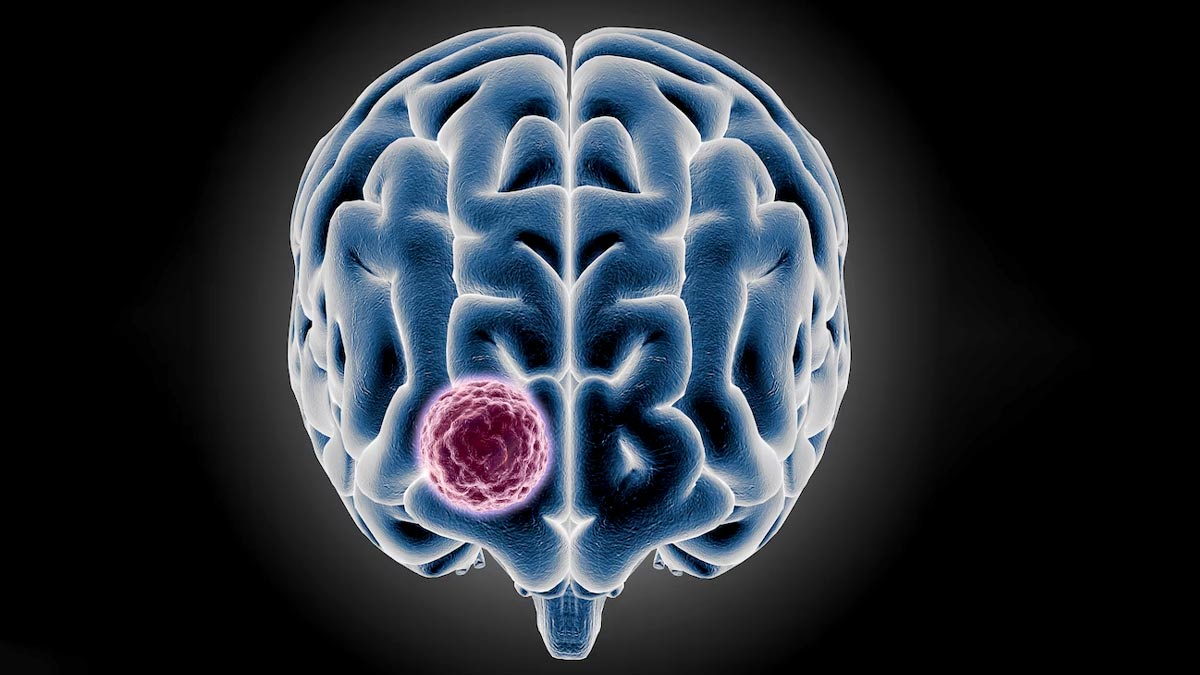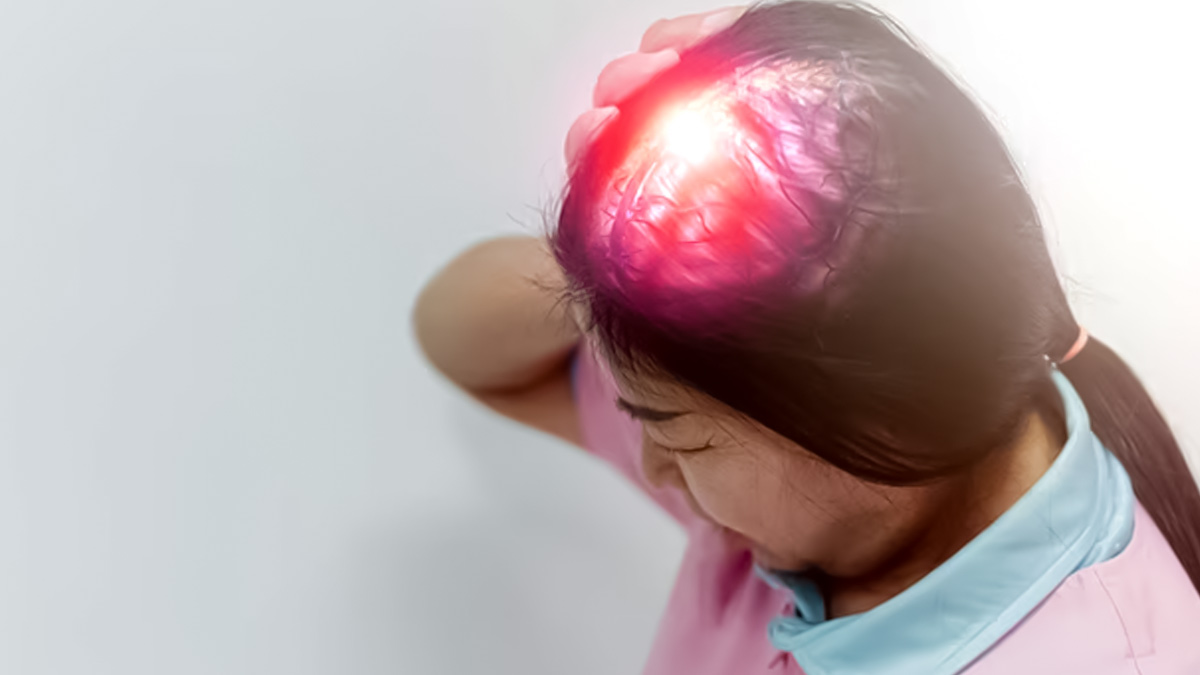
Brain tumours are complex and often misunderstood medical conditions that can evoke fear and uncertainty. Unfortunately, misconceptions and myths about brain tumours abound, leading to confusion and unnecessary anxiety among patients and their loved ones. As with any health concern, it is crucial to dispel myths and rely on accurate information to promote awareness and understanding. Thus, we spoke to Dr Ravi Suman Reddy, Consultant Neuro and Spine Surgeon, Yashoda Hospitals, Hyderabad, who debunks myths about brain tumours.
Myth: Brain Tumours Are Always Cancerous
Fact: According to Dr Reddy, "Brain tumours can be either cancerous (malignant) or non-cancerous (benign)." He added that while malignant tumours are more aggressive and can spread to other parts of the brain or body, benign tumours do not invade surrounding tissues. "However, even benign tumours can cause health issues depending on their size and location," explained Dr Reddy.
Myth: Brain Tumours Always Cause Noticeable Symptoms

Fact: "Brain tumours can vary widely in size and location, leading to a range of symptoms or, in some cases, no symptoms at all," said Dr Reddy. He added that some tumours may remain undetected until they grow large enough to press on certain brain areas, causing noticeable problems.
Also Read: All About Brain Tumours: Treatment, Survival And Quality Of Life Post Treatment
Myth: Brain Tumours Are Always Fatal
Fact: "While brain tumours can be life-threatening, not all brain tumours are fatal," said Dr Reddy. He said that the prognosis depends on factors, such as tumour type, location, size, and the individual's overall health. "Many benign tumours can be treated successfully, and even some malignant tumours are treatable, especially when diagnosed early," he added.
Myth: Only People With A Family History Of Brain Tumours Can Get Them
Fact: "While a family history of brain tumours or genetic conditions can increase the risk, most brain tumours occur sporadically without any apparent cause or family history," said Dr Reddy. He added that environmental and genetic factors may also contribute to their development.
Myth: Cell Phones And Electronic Devices Cause Brain Tumours
Fact: Dr Reddy said that extensive research has been conducted to investigate the potential link between cell phone use and brain tumours, but no conclusive evidence supports this claim. As of now, the available evidence indicates that cell phone usage does not lead to the development of the brain or any other types of cancer in humans, stated National Cancer Institute.
Myth: Brain Surgery Always Leads To Severe Cognitive Impairment

Fact: "Brain surgery is a complex procedure, but advancements in surgical techniques have significantly reduced the risk of cognitive impairment. In many cases, neurosurgeons take great care to preserve brain function while removing the tumour," said Dr Reddy.
Also Read: 5 Symptoms That Point Towards A Diagnosis Of Brain Tumour
Myth: Alternative Treatments Can Cure Brain Tumours
Fact: "There is no scientific evidence to support the claim that alternative treatments alone (e.g., special diets, herbal supplements) can cure brain tumours," said Dr Reddy. He added that standard medical treatments like surgery, radiation therapy, and chemotherapy are the most effective approaches, and alternative treatments should not replace these options.
Myth: Brain Tumours Cannot Be Treated Effectively
Fact: "Brain tumour treatments have come a long way, and the prognosis for many patients has improved significantly. A multidisciplinary approach involving surgery, radiation therapy, chemotherapy, and targeted therapies has shown positive results in many cases," said Dr Reddy.
Conclusion
Dr Reddy concluded that early detection and timely medical intervention are critical for better outcomes. "Always consult with qualified healthcare professionals and specialists for accurate information about brain tumours and their treatments," he suggested.
[Disclaimer: This article is for informational purposes only. Consult your healthcare provider to get a thorough diagnosis and treatment as per your health needs.]
Image Credits: freepik







